The content of the article
Cheilitis is an inflammation that affects the mucous membrane near the lips, the lips themselves and the skin adjacent to them. As a rule, the disease takes quite a long time, periods of relapse can be replaced by remissions. Often, inflammation occurs with a decrease in immunity, so it may not go away for a long time in children, pregnant women and the elderly. People cheilite called jamming, because very often the inflammation is localized in the corners of the lips. This process causes serious discomfort - a person cannot eat food, he experiences pain when talking, and even in a stationary state. To cure cheilitis, you need to know why it appears and what symptoms are characteristic of it.
How to recognize cheilitis
Here are the main signs that may indicate cheilitis.
- Cheilitis begins with slight peeling on the lips, the patient feels a feeling of tightness and dryness. I want to constantly moisten my lips so that the discomfort goes away. However, licking the lips does not lead to anything good - the disease develops even faster.
- Further on, small cracks appear on the lips, a burning sensation is felt, and red inflamed areas can be seen.
- Small ulcers, vesicles with fluid, purulent formations may appear on the surface of the lip or mucous membrane.
- If the disease does not develop for the first time, the inflamed areas may harden, plaques appear.
If the first signs of peeling and dry lips are detected, measures should be taken immediately, otherwise inflammation can lead to serious consequences.
Reasons for the development of cheilitis
Cheilitis is often confused with herpes virus, the course of which is similar to cheilitis symptoms. However, the nature of the diseases is different, therefore, they should be treated with various methods. But where does the inflammation on the lips come from? Here are some factors that can trigger the onset of the inflammatory process.
- Very often, the lips begin to peel off when weathered. In the people in this case they say "Kissed in the wind." There is some truth in this. Substituting moist lips in the wind will lead to a feeling of dryness and tightness. After all, the skin of the lips is very thin and sensitive. Often the lips are weathered on the sea or after swimming in the river.
- A sharp temperature difference can also cause the development of cheilitis. We went into a warm room after freezing air or vice versa left the heat immediately on the street and a feeling of dryness and burning lips was provided.
- Lip inflammation can be caused by lipstick. Sometimes cosmetics simply become the cause of allergies - itching, redness, and burning appear. But often, even high-quality lipsticks can lead to cheilitis, if you use them constantly. The fact is that the lipstick contains animal fats, which, when constantly on the lips, clog pores and prevent the skin from breathing. This leads to a lack of oxygen, peeling and other consequences. If you can’t give up lipstick for a while, choose products with a less dense structure.
- Sometimes the lips dry and crack due to the fact that a person breathes only through the mouth. This is often observed in children with enlarged adenoids and rhinoviruses.
- It sometimes happens that inflammation on the lips appears due to an insect bite, mechanical damage to the lips (when they bit the lip). If bacteria enter the open wound, inflammation develops at a rapid rate.
- Cheilitis can be candidal in nature and is a special case of candidal stomatitis. This occurs if a thrush fungus appears in the mouth.
- Internal diseases can also cause the development of cheilitis - this is immunodeficiency, thyroid disorders, psoriasis. Some malfunctions in the digestive tract and liver can also be a source of a similar symptom. The inflammatory process on the lips can appear due to lichen, syphilis, tuberculosis of the skin, dermatosis.
- Lips dry and flaky after chemotherapy.
- Very often, lip sensitivity can be transmitted genetically. If parents constantly use moisturizing balms and suffer from dry lips, their children are more likely to have a problem.
- Sometimes the lips begin to tighten and dry due to simple vitamin deficiency. With a lack of vitamins B and E, the delicate skin of the lips suffers first - it loses its elasticity and collagen. The problem is aggravated if a person has the habit of biting his lips.
Cheilitis can be primary or secondary. Primary cheilitis is an independent disease that occurs due to external provoking factors. Secondary cheilitis appears due to the underlying disease and is its symptom. To diagnose and make the correct diagnosis, you need to seem to a dermatologist or dentist. As a rule, one examination by an experienced doctor is enough to make the right conclusion.
Medication for cheilitis
In the treatment of cheilitis, and indeed any other diseases, it is very important to understand the nature of the symptom and eliminate its cause. If cheilitis is candida, it is useless to smear it with moisturizers, you just need to take a course of antifungal drugs, such as Nystatin or Futsis. In other cases, it is also important that the doctor identifies the true source of the disease.
- If the cause of cheilitis is that the patient constantly bites his lips, you need to contact a neurologist, take a course of sedative drugs, find distracting activities. Quite effective in this case are Glycine, Persen, etc.
- In addition, you need to use local anti-inflammatory ointments - Oxolinic, Erythromycin, Tetracycline.
- If cheilitis is dermatological in nature, ointments should be used that will relieve inflammation and relieve itching. The most effective can be called prednisone ointment, flucinar, fluorocorot.
- Along with this, vitamins are necessary, the lack of which leads to a decrease in the elasticity of the skin. The complex of multivitamins with sensitive lips must be taken in winter and spring. The rest of the time you should lean on fresh fruits and vegetables.
- If the inflammation is open, there are cracks and open wounds, you need to use antiseptic drugs - Chlorhexidine, Miramistin and even simple hydrogen peroxide.
- When cheilitis is caused by the inability to breathe through the nose, the problem itself needs to be treated, and not a crack on the lips. Address to the ENT specialist, use vasoconstrictive drugs, find out the reason of closing of a nasal passage.
- I would also like to say about the seizures located in the corners of the lips. It is quite difficult to get them out, because when talking and eating, the cracks open again and again. You can suppress such inflammation with the help of ointments such as Levomekol, Bepanten. Dent's metrogil will not only suppress inflammation and heal the wound, but also have a powerful analgesic effect.
- If cheilitis has arisen due to a fungus against syphilis, Teymurov’s paste helps very well. It gently dries, disinfects and anesthetizes the wound by cooling.
Along with this, you need to ensure that the lips are not exposed to a sharp temperature drop. Before going out, apply a special protective balm or cream on the lips. When you have already come to work, erase the balm to give your lips the opportunity to breathe on their own. Do not apply lipstick too often - wash it at home with special products that deeply cleanse the skin of the lips.When visiting the beach, apply a protective cream not only on the shoulders and face, but also on the lips without fail.
Folk remedies in the fight against cheilitis
When cheilitis is not of a serious nature, it can be completely cured at home. Here are some effective recipes that may be helpful in fighting inflammation on your lips.
- Calendula has a powerful bactericidal and anti-inflammatory effect. From it you need to prepare a strong broth. A tablespoon of a dry plant should be filled with 150-200 ml of boiling water. Cover tightly and let it brew. Then take a piece of clean bandage or gauze, soak it in the prepared broth and apply as a lotion to sore lips. Leave on for 15 minutes. If the fabric cools down, moisten it again in a warm broth. After lotion, dry your lips thoroughly with a towel and do not go outside for another couple of hours.
- Kalanchoe can not only suppress small inflammation, but also tighten serious cracks in the corners of the lips. Just cut a large leaf of the plant so that the cut area is maximum. Attach the cut to the wound and fix the sheet with a band-aid. Leave for a few hours. Do not eat or drink while holding the lotion so that the structure does not fall. Instead of Kalanchoe, you can use aloe - it has the same strong medicinal properties.
- Butter. The lack of collagen and vitamin E can be made up with simple oil masks. When lips dry, lubricate them with sunflower, olive or any cosmetic oil. All oils contain a huge amount of vitamin E.
- Chamomile. If cheilitis is caused by an allergic reaction, it can be suppressed with chamomile. Brew a strong broth - a spoon of the plant in half a glass of boiling water. Make a lotion out of a warm broth. Chamomile will well remove itching and inflammation, remove redness and soften hard crusts.
- Oak bark contains a huge amount of tannins, which have soothing and anti-inflammatory properties. A tablespoon of crushed bark should be poured with a small amount of hot water and left in a water bath for half an hour. During this time, the broth will absorb all the beneficial properties of the bark. From the prepared broth, you need to make a lotion on the lips for 10 minutes. After the procedure, do not forget to wipe your lips dry and grease with a thin layer of any oil.
- Beeswax will help with large cracks in the corners of the mouth. With soft wax, you need to lubricate the open wound every three hours, and after a couple of days the crack will begin to heal. In this case, you must try not to open your mouth too wide during a conversation and eating.
These proven methods will help you restore lip health in no time.
To prevent the reappearance of cheilitis on the lips, you need to monitor their hygiene especially carefully. Drink vitamins regularly and watch for general immunity. Use a moisturizing and protective lip balm. Give up bad habits, use only high-quality cosmetics, avoid allergens on your lips. And most importantly, if you notice a slight dryness and peeling, take action on time. If you are not confident in your abilities - by all means see a doctor. And then only distant memories will remain of cheilitis.
Video: how to treat jammed lips

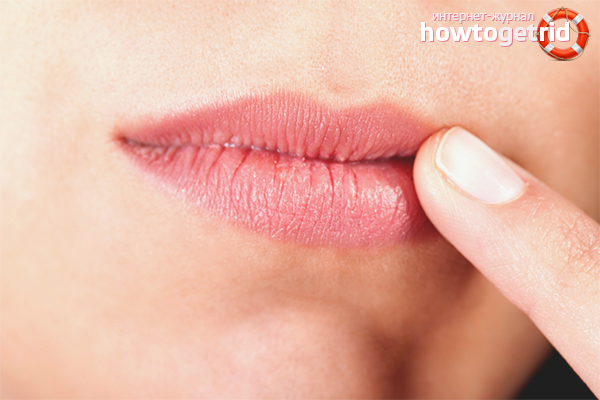
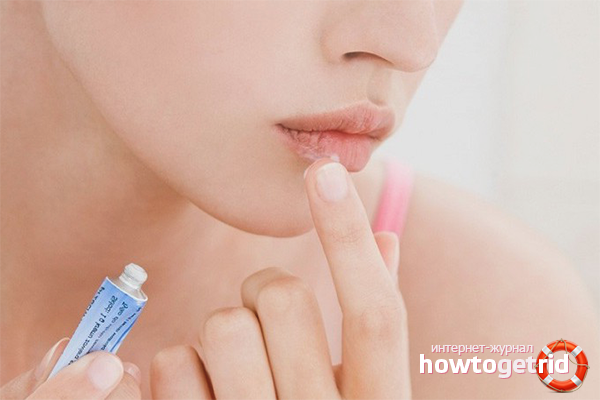
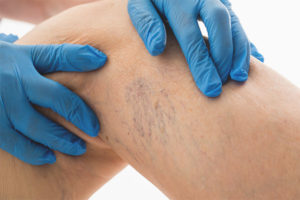
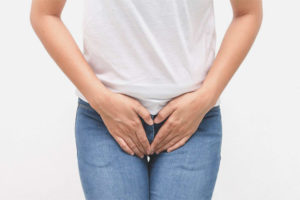
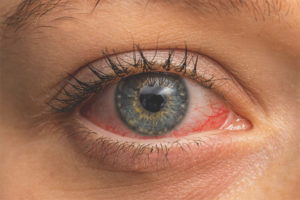


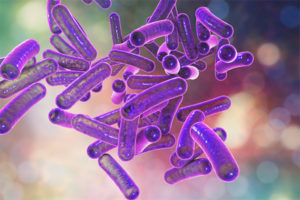
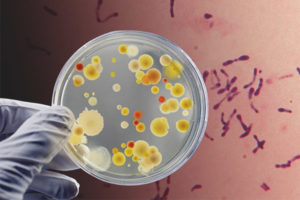

Submit